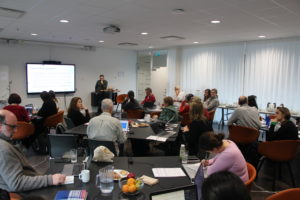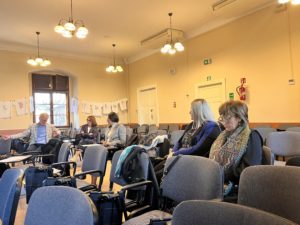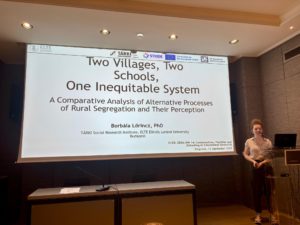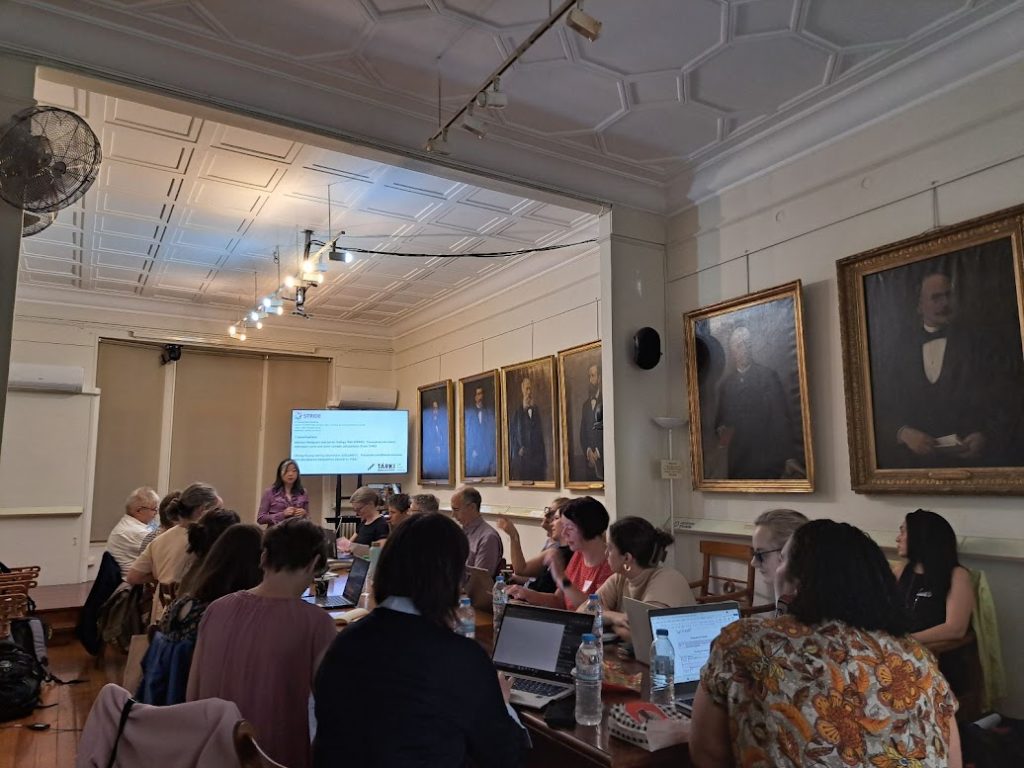Despite decades of research into educational inequality, many European countries still face persistent disparities in achievement and access. Socio-economic background, gender, disability and migration status still influence educational outcomes, and although there is plenty of data, turning it into effective policy remains challenging.
This is where STRIDE (Strategies for Achieving Equity and Inclusion in Education, Training and Learning in Democratic Europe) comes in. The project brings together researchers from across Europe to address important questions, such as how educational research can be made more useful for policymakers.
Research findings are usually presented in academic journals in formats that are difficult for non-academic audiences to access and interpret. As policymakers usually lack the time and training to navigate these research outcomes, they often get ignored. STRIDE aims to bridge this gap by developing a policy toolbox: a set of resources designed to make complex research findings accessible to a wider audience.
The toolbox will consist of:
- An interactive map showing how inequality patterns have changed across Europe.
- Concise policy briefs that summarise evidence in clear, comparative language.
- A framework for evaluating the effectiveness of reforms over time.
To achieve this, the STRIDE partners are conducting research using a combination of methods, including the analysis of large-scale quantitative data from international assessments and longitudinal studies, as well as qualitative case studies from five different countries: Denmark, Hungary, Norway, Poland and the United Kingdom).
Taking a long-term view, STRIDE examines how education systems have evolved over the past 25 years and the impact that reforms have had on equity. Taking this long-term view enables researchers to identify which policies worked and under what conditions.
The approach also recognises that inequalities do not exist in isolation. Factors such as family background, migration experience, gender and access to early childhood education often interact with each other, creating cumulative disadvantages. For policymakers, adopting an intersectional perspective is essential as it highlights why single-issue solutions rarely succeed.
Educational inequality is not just an academic concern; it influences the social and economic fabric of Europe. Systems that fail to provide equal opportunities risk perpetuating disadvantage and undermining social cohesion. By making research more accessible and actionable, STRIDE aims to inform policies that can reverse these trends.
The project’s broader vision is to establish a model of evidence-based policymaking, where data is not an afterthought but forms the basis of strategic decisions. If successful, the toolbox developed by STRIDE could serve as a blueprint for how European research initiatives can transform evidence into impact, helping to build education systems that are more efficient and more equitable.












